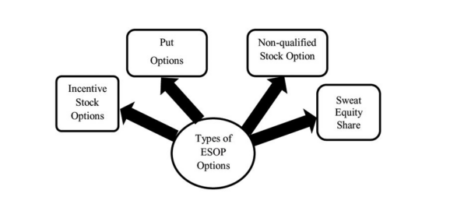Table of Contents
Who is Entrepreneur?
According to the classical economist, An entrepreneur is one who provides the fourth factor of production, namely ‘enterprise’ As the fourth factor, it assembles, coordinates, and manages the other factors namely land, labour, and capital.
What is Enterprise?
Enterprise may be defined as an undertaking or adventure involving uncertainty and risk and requiring innovation. It also refers to the ability to think out and start a new business. Just as family is the basic unit of social organization, enterprise is the basic unit of economic organization.
It interacts with other units in the economy, e.g., industry, financial institutions, and others. It obtains factors of production from society and supplies the finished product to society. Enterprise serves as the framework within which decisions concerning what to produce, how much to produce, when to produce, and how to produce are taken by the owner and/or manager. Development is the aggregate result of the efforts made in individual enterprises.
Features of Enterprise
The essential features of an enterprise are as follows:
- An enterprise consists of people who work together primarily for the purpose of making and/or selling a product a service. Production for self-consumption and non-business organizations. For example, trade associations providing economically valuable services are not enterprise, whether public or private, large or small exists in order to produce a product or service that others consume and pay for.
- An enterprise utilizes raw materials, machinery, energy, space, and other inputs to produce and/or sell. It has to incur costs for the procurement of these inputs.
- Every enterprise makes a comparison between its costs (inputs) and gains (outputs). Therefore, its management must have sufficient autonomy to take appropriate actions to maintain and improve the success of the enterprise.
- An enterprise is a continuing entity. It is not an ad hoc effort to produce a single product but rather a recurring effort to produce a stream of products. Some firms may go out of business after a single transaction. But this is due to failure of management or unforeseen conditions and not a planned or desired outcome.


